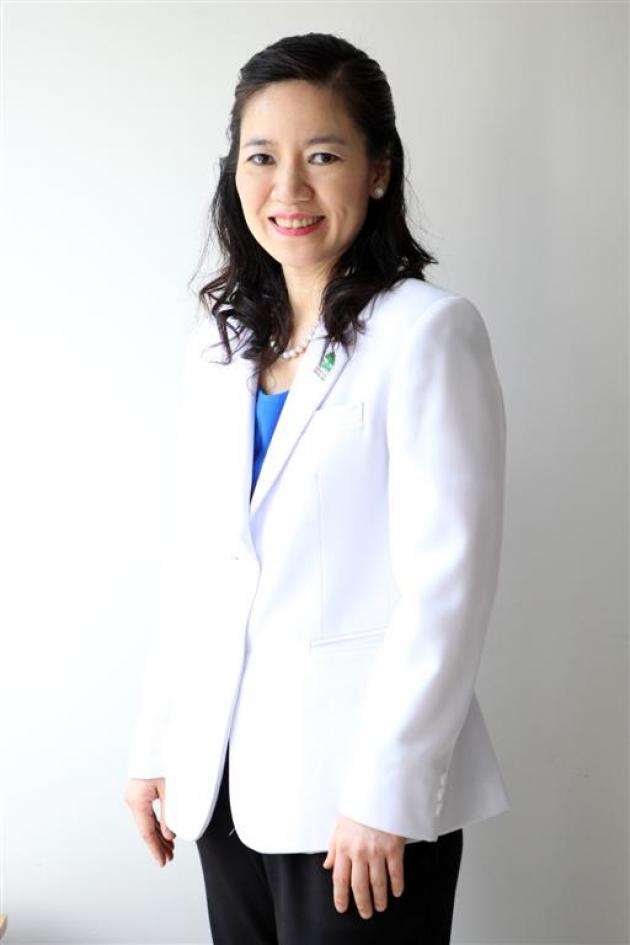Determination and professional help can assist mothers of an adopted baby to breastfeed

In last week's "Living Well" column, we examined how breast massage can help the production of breast milk. This week, we talk to an expert on "relactation"
In last week’s “Living Well” column, we examined how breast massage can help the production of breast milk.
This week, we talk to an expert on “relactation” – the process of rebuilding milk supply that has been reduced or dried up after weeks or months of not breastfeeding and “induced lactation”, the process of building a milk supply in a mother who has either never nursed a baby, or who has nursed years before.
“Relactation and induced lactation both take time, patience, dedication, and a lot of work. Proper support is needed for any mother considering either option. A mother can partially or fully relactate but she needs to be trained. Breastfeeding requires a lot of discipline and involves taking medication, especially in the case of an adopted child,” says Dr Sutheera Uerpairojkit, a paediatrician at BNH Hospital.
“Relactation is important especially for those who have problems with breastfeeding. Compelling reasons include a baby who is allergic to powder milk and whose mother has already stopped breastfeeding and a sick infant or newborn with a low birth weight that prevents him/her from sucking and is thus separated from his/her mother.
It is also indicated for a baby who has problems with breastfeeding or a mother who only uses a breast pump causing a decrease in milk production, when either the mother or baby are sick or are in difficult circumstances, for mothers who change their minds about giving powdered milk, and for women who haven’t given birth but want to breastfeed an adopted child,” she continues.
“Research shows the quality of relactation breast milk is the same but it does not have colostrum.”
There are, of course, contributing factors to the success or otherwise of relactation, among them a younger baby, a shorter gap between weaning and relactating, the willingness of the baby to take the breast and assistance from trained breastfeeding support experts,
The best method for increasing milk supply and relactation is to have a baby nursing frequently, as a baby is more likely to return to the breast if there is plenty of milk there. Empty the breasts frequently. Feed on both sides, and feed long enough to drain each breast well.
“The mother should position the baby correctly, ensure a good latch and plenty of time and get skin-to-skin. Skin-to-skin contact can significantly aid the process of relactation. But if a mother and child live in different places, then a good breast pump machine is essential. The mother should breast pump every two hours, and may also take medication,” Sutheera says.
“The mother can produce milk to feed her adopted child. Some countries have a protocol for school-age mothers who decide to have their child adopted at birth. The adoptive mother prepares herself during the teenager’s pregnancy by taking medicine to increase the prolactin hormone and uses a breast pump to re-establish breast milk. By the time she receives the adopted baby, she should have breast milk.”
A 2002 study conducted in India revealed a relactation success rate of 84 per cent in 139 mothers who had children less than six months old. In South Korea, in 2010, out of 84 mothers, 75 per cent were able to lactate thanks to the mothers’ determination, medication and support from families. In 2014, in Malaysia, all 12 adoptive mothers who had never been pregnant were able to breast feed their babies.
“I had one patient who couldn’t become pregnant and so asked a relative to carry the infant. That relative had a multiple birth and thanks to our help and her determination, the mother was able to produce 20 ounces of breast milk a day. “
CORRECTION
In last week’s Living Well column |we mistakenly run the wrong photo of Dr. Siriporn Kanchana, paediatrician and chair of the Thai Breastfeeding Centre Foundation. We apologise |for the error.





